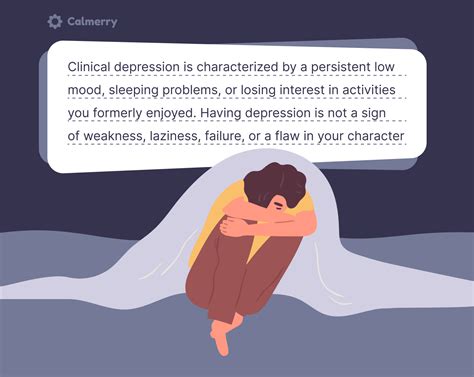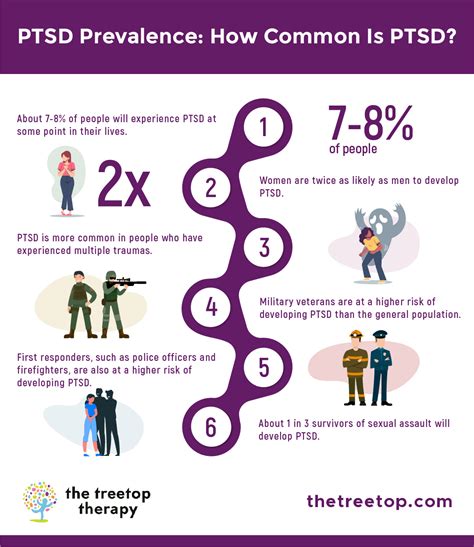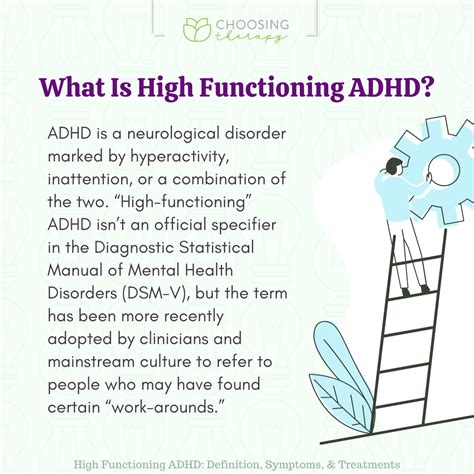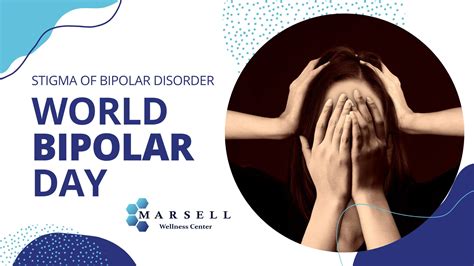Intro
Discover 5 common disorders, including anxiety, depression, and bipolar disorder, and learn about their symptoms, causes, and treatment options, exploring mental health conditions and neurological disorders for better understanding and management.
Mental health is a vital aspect of our overall well-being, and it's essential to acknowledge the various disorders that can affect individuals from all walks of life. With the increasing awareness and efforts to reduce stigma around mental health, it's crucial to educate ourselves about the common disorders that can impact our loved ones, friends, or even ourselves. In this article, we will delve into five common disorders, exploring their symptoms, causes, and treatment options. By understanding these disorders, we can foster a more supportive and inclusive environment for those who are struggling.
The importance of recognizing and addressing mental health disorders cannot be overstated. Mental health issues can affect anyone, regardless of their background, age, or socioeconomic status. It's estimated that one in four people will experience a mental health disorder each year, with many more struggling in silence. By learning about these disorders, we can encourage open conversations, promote early intervention, and support those who are navigating the complexities of mental health.
As we explore the five common disorders, it's essential to remember that each individual's experience is unique, and it's crucial to approach these topics with sensitivity and compassion. By doing so, we can work towards creating a more empathetic and understanding community that prioritizes mental health and well-being. With that in mind, let's dive into the first disorder, exploring its symptoms, causes, and treatment options in-depth.
Introduction to Common Disorders

The five common disorders we will be discussing are anxiety disorder, depression, post-traumatic stress disorder (PTSD), attention deficit hyperactivity disorder (ADHD), and bipolar disorder. Each of these disorders has distinct symptoms and characteristics, and it's essential to understand the differences between them. By recognizing the signs and symptoms of these disorders, we can provide support and encouragement to those who are struggling, helping them to seek professional help and guidance.
Anxiety Disorder

Anxiety disorder is a common mental health condition characterized by excessive and persistent fear, worry, or anxiety that interferes with an individual's daily life. The symptoms of anxiety disorder can vary depending on the type, but common signs include rapid heartbeat, sweating, trembling, and difficulty concentrating. Anxiety disorder can be caused by a combination of genetic, environmental, and psychological factors, and it's essential to seek professional help if symptoms persist.
Symptoms and Causes of Anxiety Disorder
The symptoms of anxiety disorder can be overwhelming and debilitating, making it challenging for individuals to manage their daily lives. Some common symptoms include: * Excessive and persistent fear or worry * Rapid heartbeat and palpitations * Sweating and trembling * Difficulty concentrating and making decisions * Avoidance behaviors and social withdrawalThe causes of anxiety disorder are complex and multifaceted, involving a combination of genetic, environmental, and psychological factors. Some common causes include:
- Genetic predisposition
- Traumatic events and stress
- Brain chemistry and neurotransmitter imbalance
- Learned behaviors and coping mechanisms
Depression

Depression is a mood disorder characterized by persistent feelings of sadness, hopelessness, and a lack of interest in activities. The symptoms of depression can vary depending on the type, but common signs include changes in appetite and sleep patterns, fatigue, and difficulty concentrating. Depression can be caused by a combination of genetic, environmental, and psychological factors, and it's essential to seek professional help if symptoms persist.
Symptoms and Causes of Depression
The symptoms of depression can be debilitating and overwhelming, making it challenging for individuals to manage their daily lives. Some common symptoms include: * Persistent feelings of sadness and hopelessness * Loss of interest in activities and hobbies * Changes in appetite and sleep patterns * Fatigue and low energy * Difficulty concentrating and making decisionsThe causes of depression are complex and multifaceted, involving a combination of genetic, environmental, and psychological factors. Some common causes include:
- Genetic predisposition
- Traumatic events and stress
- Brain chemistry and neurotransmitter imbalance
- Learned behaviors and coping mechanisms
Post-Traumatic Stress Disorder (PTSD)

PTSD is a mental health condition that develops after an individual experiences a traumatic event, such as combat, natural disasters, or physical abuse. The symptoms of PTSD can vary depending on the type, but common signs include flashbacks, nightmares, and avoidance behaviors. PTSD can be caused by a combination of genetic, environmental, and psychological factors, and it's essential to seek professional help if symptoms persist.
Symptoms and Causes of PTSD
The symptoms of PTSD can be overwhelming and debilitating, making it challenging for individuals to manage their daily lives. Some common symptoms include: * Flashbacks and nightmares * Avoidance behaviors and social withdrawal * Hypervigilance and exaggerated startle response * Difficulty concentrating and making decisions * Emotional numbing and detachmentThe causes of PTSD are complex and multifaceted, involving a combination of genetic, environmental, and psychological factors. Some common causes include:
- Traumatic events and stress
- Genetic predisposition
- Brain chemistry and neurotransmitter imbalance
- Learned behaviors and coping mechanisms
Attention Deficit Hyperactivity Disorder (ADHD)

ADHD is a neurodevelopmental disorder characterized by symptoms of inattention, hyperactivity, and impulsivity. The symptoms of ADHD can vary depending on the type, but common signs include difficulty concentrating, fidgeting, and impulsivity. ADHD can be caused by a combination of genetic, environmental, and psychological factors, and it's essential to seek professional help if symptoms persist.
Symptoms and Causes of ADHD
The symptoms of ADHD can be challenging and overwhelming, making it difficult for individuals to manage their daily lives. Some common symptoms include: * Difficulty concentrating and paying attention * Fidgeting and restlessness * Impulsivity and interrupting others * Disorganization and time management difficulties * Emotional dysregulation and mood swingsThe causes of ADHD are complex and multifaceted, involving a combination of genetic, environmental, and psychological factors. Some common causes include:
- Genetic predisposition
- Brain chemistry and neurotransmitter imbalance
- Environmental factors and prenatal exposure
- Learned behaviors and coping mechanisms
Bipolar Disorder

Bipolar disorder is a mood disorder characterized by extreme mood swings, ranging from manic highs to depressive lows. The symptoms of bipolar disorder can vary depending on the type, but common signs include changes in mood, energy, and activity levels. Bipolar disorder can be caused by a combination of genetic, environmental, and psychological factors, and it's essential to seek professional help if symptoms persist.
Symptoms and Causes of Bipolar Disorder
The symptoms of bipolar disorder can be debilitating and overwhelming, making it challenging for individuals to manage their daily lives. Some common symptoms include: * Extreme mood swings and changes in energy levels * Changes in sleep patterns and appetite * Difficulty concentrating and making decisions * Impulsive behaviors and reckless decisions * Emotional dysregulation and mood swingsThe causes of bipolar disorder are complex and multifaceted, involving a combination of genetic, environmental, and psychological factors. Some common causes include:
- Genetic predisposition
- Brain chemistry and neurotransmitter imbalance
- Environmental factors and stress
- Learned behaviors and coping mechanisms
As we conclude our exploration of these five common disorders, it's essential to remember that mental health is a journey, and seeking help is a sign of strength, not weakness. By fostering a supportive and inclusive environment, we can encourage individuals to seek professional help and guidance, helping them to navigate the complexities of mental health.
What are the most common symptoms of anxiety disorder?
+The most common symptoms of anxiety disorder include excessive and persistent fear, worry, or anxiety, rapid heartbeat, sweating, trembling, and difficulty concentrating.
How can I help a loved one who is struggling with depression?
+To help a loved one who is struggling with depression, it's essential to listen without judgment, encourage them to seek professional help, and offer emotional support and validation.
What are the differences between ADHD and bipolar disorder?
+ADHD is a neurodevelopmental disorder characterized by symptoms of inattention, hyperactivity, and impulsivity, while bipolar disorder is a mood disorder characterized by extreme mood swings, ranging from manic highs to depressive lows.
Can PTSD be treated with therapy alone?
+While therapy can be an effective treatment for PTSD, it's often used in combination with medication and other interventions to manage symptoms and promote recovery.
How can I prioritize my mental health and well-being?
+To prioritize your mental health and well-being, it's essential to practice self-care, engage in regular exercise, maintain a healthy diet, and seek professional help when needed.
As we strive to create a more supportive and inclusive environment for those who are struggling with mental health issues, it's essential to remember that every individual's experience is unique, and it's crucial to approach these topics with sensitivity and compassion. By sharing this article and encouraging open conversations, we can work towards breaking down stigmas and promoting mental health awareness. Let's come together to prioritize mental health and well-being, fostering a community that values empathy, understanding, and support.
